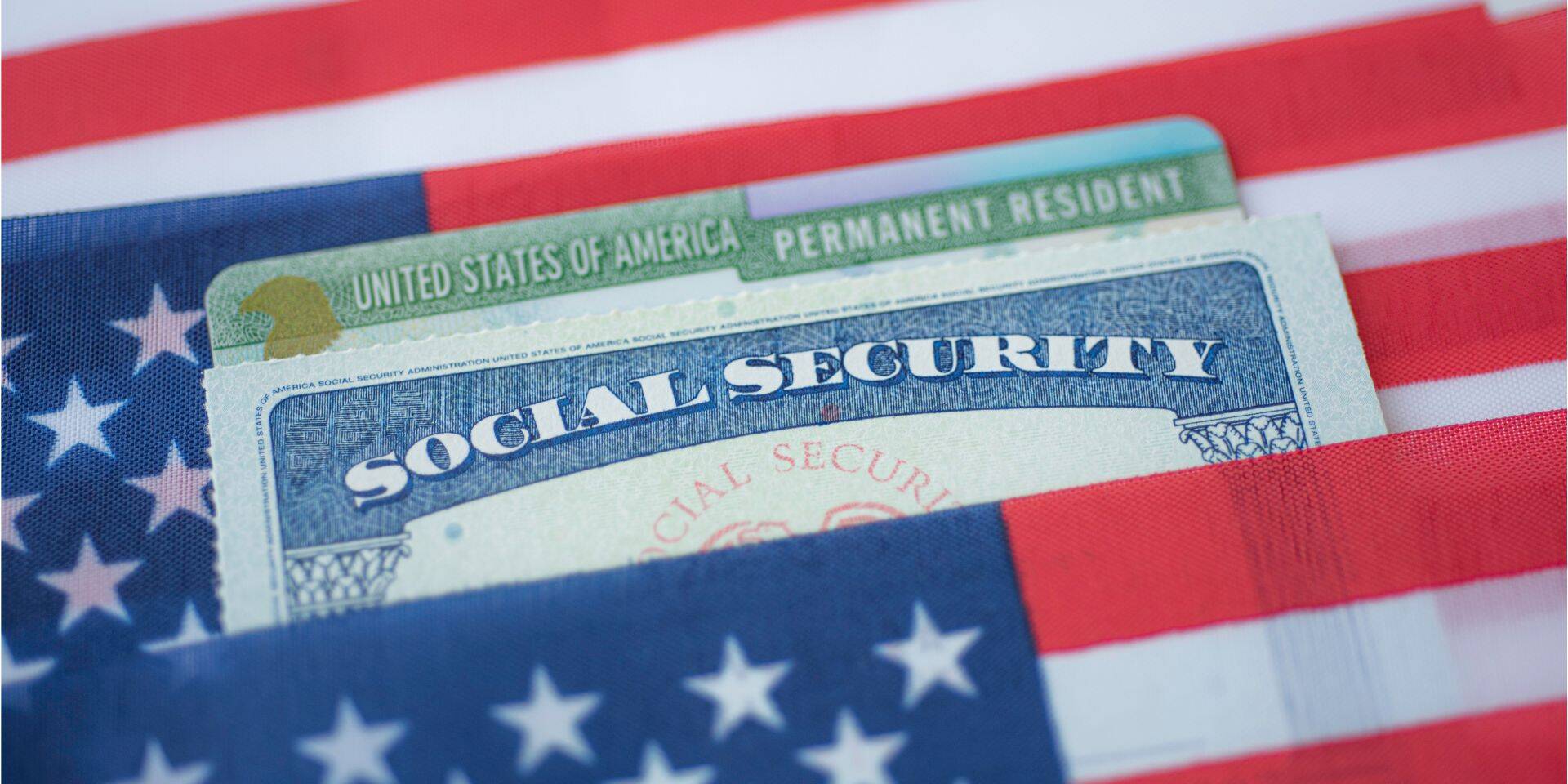After several years of a more relaxed immigration landscape, U.S. policy is now shifting back to stricter scrutiny and increased enforcement actions. The 2025 H-1B visa program has been a major focus in the past and we can expect that it will again be under a microscope. While the current administration has been vocal about its support of the H-1B program in general, the immigration agencies (which include USCIS, ICE, and CBP) have been instructed to strictly enforce immigration law and combat fraud. The H-1B program will not be an exception.
On January 17, 20205, a new H-1B rule went into effect which formally codified many existing USCIS adjudicatory practices. The rule focuses on strengthening the definition of specialty occupation, providing greater power to USCIS to deny/revoke approvals for employers who do not cooperate during site visits, as well as streamlining approvals for extension petitions where deference to a past decision is warranted. The rule also eliminates any ability for employers to file H-1B petitions for speculative work, requiring employers to prove there is a bona fide specialty occupation available for the beneficiary as of the requested start date. In other words, for IT consulting companies, there must be a project in place at the time of filing. While the rule itself is not a major departure from existing practices, we can expect increased scrutiny for all H-1B petitions in light of the current administration’s hardline stance on immigration.
This will mean that 2025 H-1B visa employers and employees alike should anticipate a higher likelihood of inquiries from USCIS (through requests for evidence, notices of intent to deny/revoke, etc.), increased compliance checks through FDNS site visits, greater challenges during visa stamping at the consulates, and increased scrutiny during initial entry or reentry at U.S. ports of entry. This guide contains comprehensive recommendations for H-1B employers and employees, to help navigate this more challenging immigration landscape and ensure the best possible outcomes.
H-1B Compliance – Responding to Site Visits
We have seen a notable uptick in site visits over the last few years, which we can expect will only increase. Under the new H-1B rule, while employers can still choose not to participate, USCIS will now have the authority to deny or revoke the H-1B visa petition outright based on the information they have in the record at that time, without first issuing a Notice of Intent to Deny (NOID) or Notice of Intent to Revoke (NOIR). As such, employers should plan to fully cooperate during site visits.
It is imperative that 2025 H-1B visa employers and employees seek advice of counsel before submitting any response. Often, a site visit or compliance check entails a list of questions emailed to the employer/employee by the FDNS officer, so the responses are recorded in writing and become the official record. Many of the questions will appear seemingly innocuous but are actually targeting a specific issue. For example, we have seen many site visits recently which simply ask the employer to confirm the job title, duties, degree requirement, years of experience, special skills, or supervisory duties. Many employers will respond and, in a misguided effort to clearly establish a specialty occupation, confirm a higher level of experience than included with the initial petition or list special skills not previously accounted for. Later, the employer will receive a NOIR finding that based on the years of experience confirmed during the site visit, the LCA was filed with the incorrect wage level. This is an issue that cannot be overcome. After this information has been confirmed in writing during the site visit, it cannot be taken back.
There are two takeaways from this increasingly common occurrence: first, it is critical that the LCA is filed for the proper wage level, considering the actual position requirements, even if it means higher wages. Second, if you do not consult counsel before responding during a site visit and you confirm new details about the position which were not contained in the original filing or disclosed to your attorney at that time (level of experience, special skills, supervisory duties), your attorney will not be able to overcome any adverse action by USCIS later. As such, always consult with counsel during a site visit, to make sure your answers align with the filed petition and that you understand the implications of each question and its answer.
At ILBSG, we have years of experience navigating challenging immigration landscapes under various administrations and we are prepared to face any obstacles that arise with strategic solutions, careful advice, and a focus on our clients’ continued success in this space. We’re here to help. If you have questions about any U.S. immigration related issue, contact us. Working with an experienced attorney ensures you get the right advice based on the most recent laws. In an ever-evolving immigration policy landscape, it’s particularly critical.
Related Posts
April 17, 2025
Expanded DHS and FBI Involvement Driving More Green Card Holder Removals
The expansion of DHS, USCIS, and FBI…
April 17, 2025
F-1 Students Anticipate Visa Cancellations and Removals
F-1 visa cancellations have raised…
April 17, 2025
H-1B Holders Face Layoffs Along with Possibility of Removal
H-1B holders are facing mounting…



